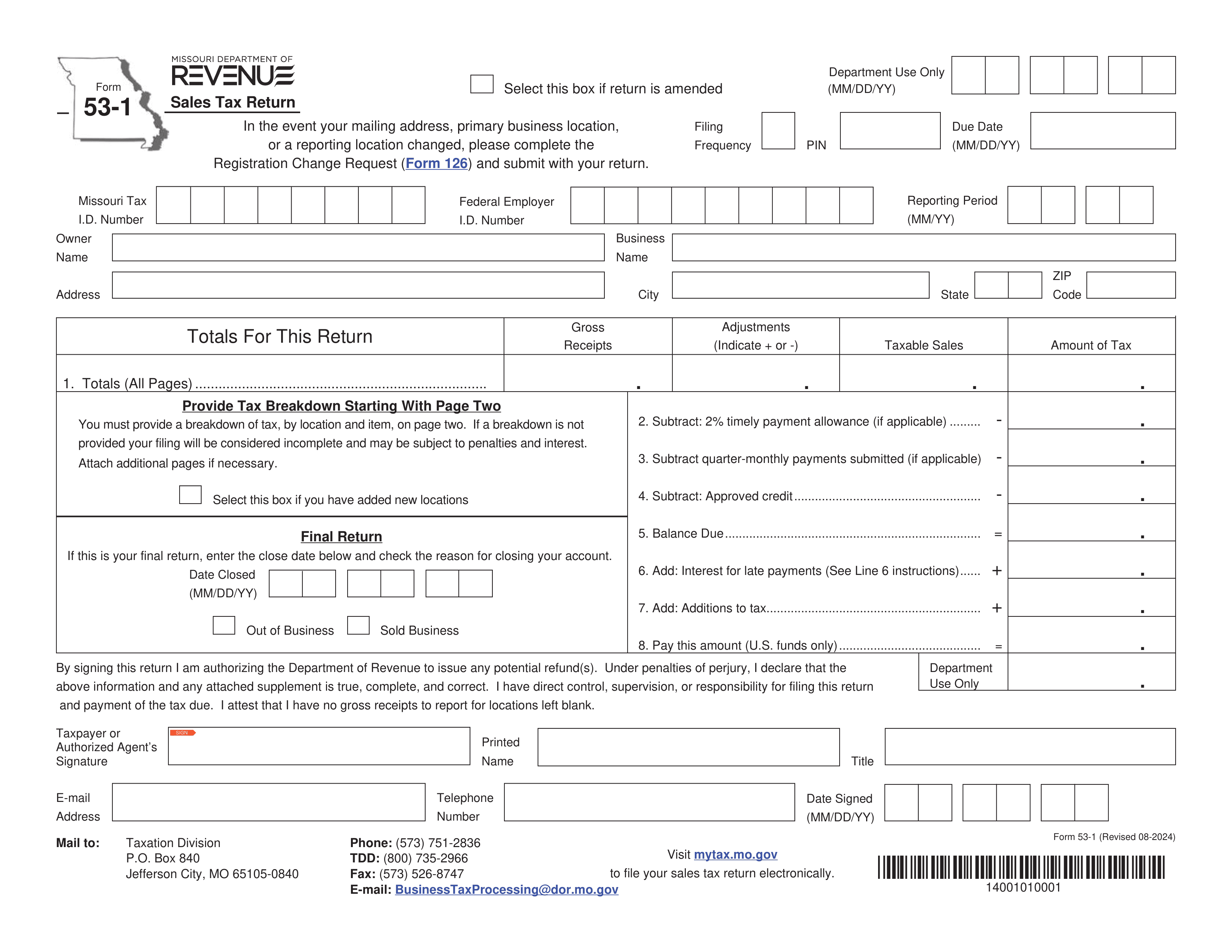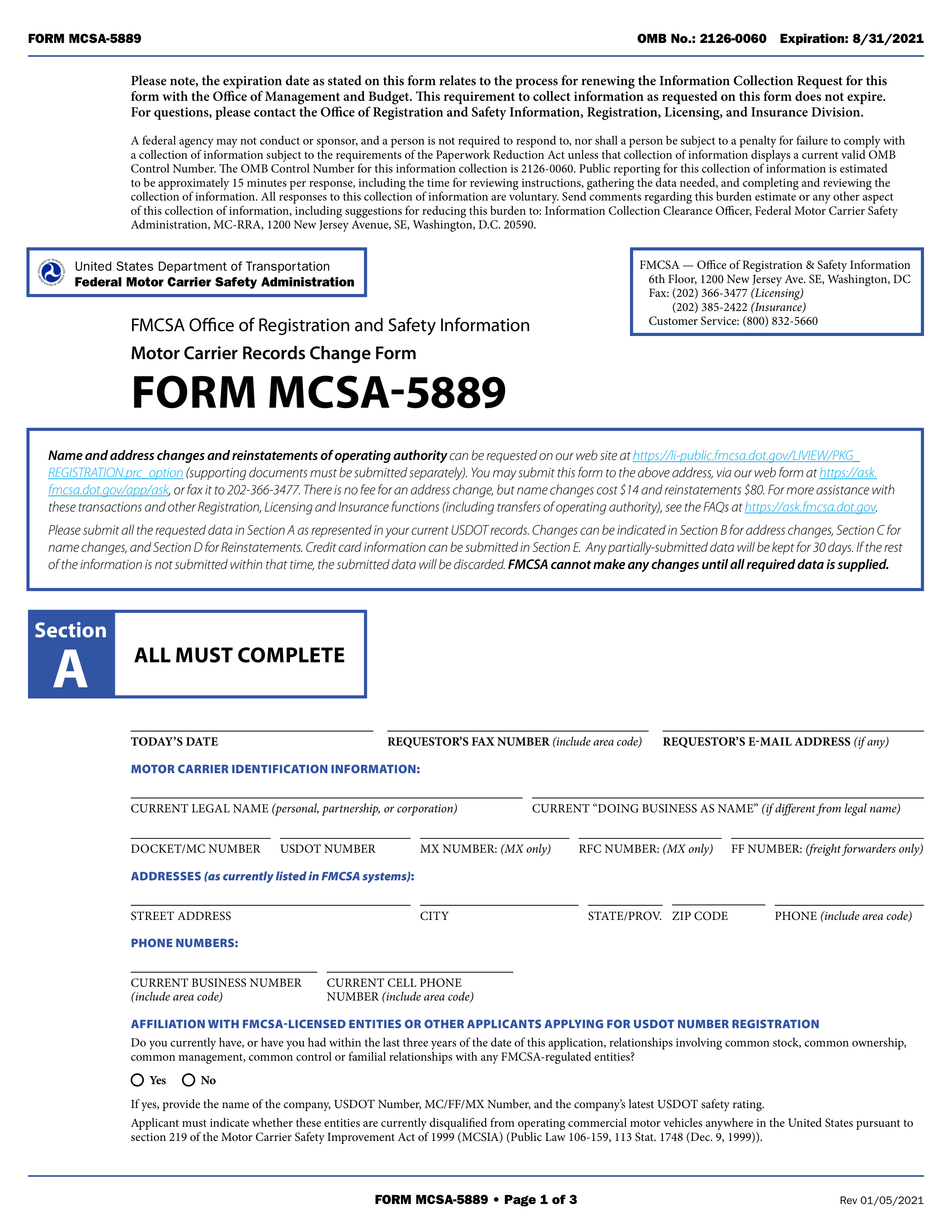What is Form 4421?
Form 4421, titled "Executor's Commissions and Attorney's Fees," is used to report the fees paid to an estate executor and any attorney fees incurred during the estate administration process. This form is crucial for tax purposes, ensuring that these payments are properly documented and reported. By filing this form, both the executor and the IRS maintain accurate records of these financial transactions, helping to ensure compliance with tax regulations and allowing for any deductions to be claimed appropriately.
What is Form 4421 used for?
Form 4421 is important for managing estate finances. Here’s what it’s used for:
- Declare the commissions paid to the executor of an estate.
- Report attorney's fees associated with the estate.
- Notify the IRS of any income tax deductions claimed for these fees.
- Provide details on how these commissions and fees will be paid or claimed for tax purposes.
How to fill out Form 4421?
- 1
List total commissions and attorney's fees in the appropriate fields.
- 2
State the payment details for the fees, including recipient information.
- 3
Provide the executor's or administrator’s Social Security number where indicated.
- 4
Indicate which portion of the fees is claimed as an income tax deduction.
- 5
Notify the IRS of any changes in amounts, dates, or deductions as necessary.
Who is required to fill out Form 4421?
Executors of estates and attorneys managing estates are responsible for completing Form 4421, Executor's Commissions and Attorney's Fees, to declare total commissions and fees in compliance with IRS regulations.
After completion, various parties utilize the form. Executors and attorneys reference it for final fee substantiation, while beneficiaries need it for fee distribution clarity. Accountants require it for accurate tax reporting, and financial institutions may need it to process estate claims.
When is Form 4421 not required?
Form 4421 is not required for for-profit businesses or individuals who don't operate as non-profits. Organizations already holding a different tax-exempt status, such as churches or specific government units, also do not need to file this form.
When is Form 4421 due?
The deadline for Form 4421 is not specifically set. This form is used to report executor's commissions and attorney's fees in an estate. However, you must notify the IRS if there are changes in amounts or dates, or if you choose to claim these as an income tax deduction.
How to get a blank Form 4421?
To get a blank Form 4421 issued by the Internal Revenue Service, simply visit our platform. We have a pre-loaded version of the form ready for you to fill out. Remember, our website supports filling and downloading forms, but not filing them.
How to sign Form 4421?
To sign Form 4421, you must include a handwritten signature, as electronic signatures are not accepted unless stated otherwise. After filling out the form using PDF Guru, remember to download it and print it for signing. Always check for the latest updates to ensure compliance with IRS guidelines. While PDF Guru allows you to fill and download forms, it does not support submission or online sharing.
Where to file Form 4421?
To submit Form 4421, you will need to send it by mail. The IRS has specific addresses depending on your state and the form number.
Visit the IRS website and search for "where to file paper tax returns" to find the correct mailing address for Form 4421. Note that this form cannot be submitted online.







